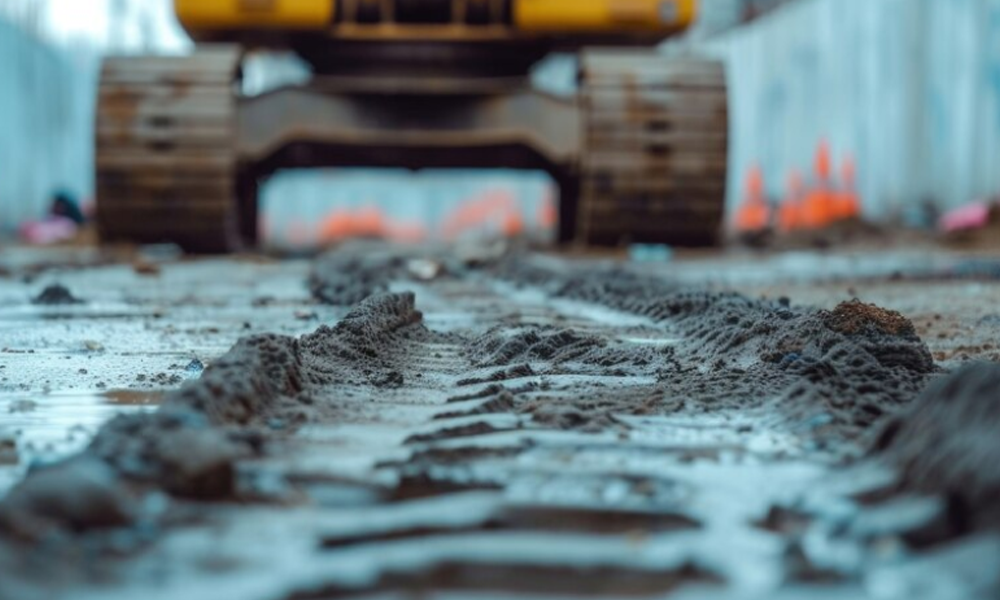There is this general notion not to build or construct during the rainy season as the houses built during rainy seasons are weak and would crumble in no time (to be honest, I also thought so before). It is rainy season now and we see construction workers still building and we hear things like “na now dem remember to build”, “this house go strong so?” etc. In this article, we would cover the Pros and cons of construction during the rainy season.
PROS OF BUILDING DURING THE RAINY SEASON:
First, you save cost on water and water tankers. There is natural water and you can store up in reservoirs as well. Rain wets your foundations and walls regularly and easily (this is something that takes a lot of manpower, time, and money during the dry season). The foundation is firmer and stronger because the rain softens the soil and makes for reinforcement of the foundation making it firm and stable.
During the rainy season, the humidity (the amount of water vapor in the air) is increased and air temperature reduced hence making the concrete harder and stronger. During the dry season, reverse is the case and once the concrete dries faster, there might be formation of cracks (for further details on how this happens, become a contractor, lol). If you build or construct during the rainy season, it allows one to identify leaks and holes easily and one can fix them fast compared to the dry season.
CONS OF BUILDING DURING RAINY SEASONS:
The manpower and staff cannot work in the rain (when rain is actually pouring down) and this can affect the time frame stipulated for the project thus delaying the time for project finishing and the increase cost in the long run. The materials used during rainy constructions should be carefully selected, some things have to be waterproof (for example paint, roof, etc.) and carefully stored (for example cement cannot soak up water).
The work area is usually dirty and unorganized compared to the dry season. Even in already completed houses, you know how you carry murky and muddy legs and slippers into the house, the same occurs in construction sites during the rainy season. The construction area can even be slippery and quite dangerous. All said and done, if you have a good construction company, they will handle your project well regardless of the weather conditions. So, my advice today, stop waiting for the dry season and embark on that project you always wanted even in this “weather for two”, just get a good company to handle it. Remember, the success of good construction is highly dependent on the construction company.


